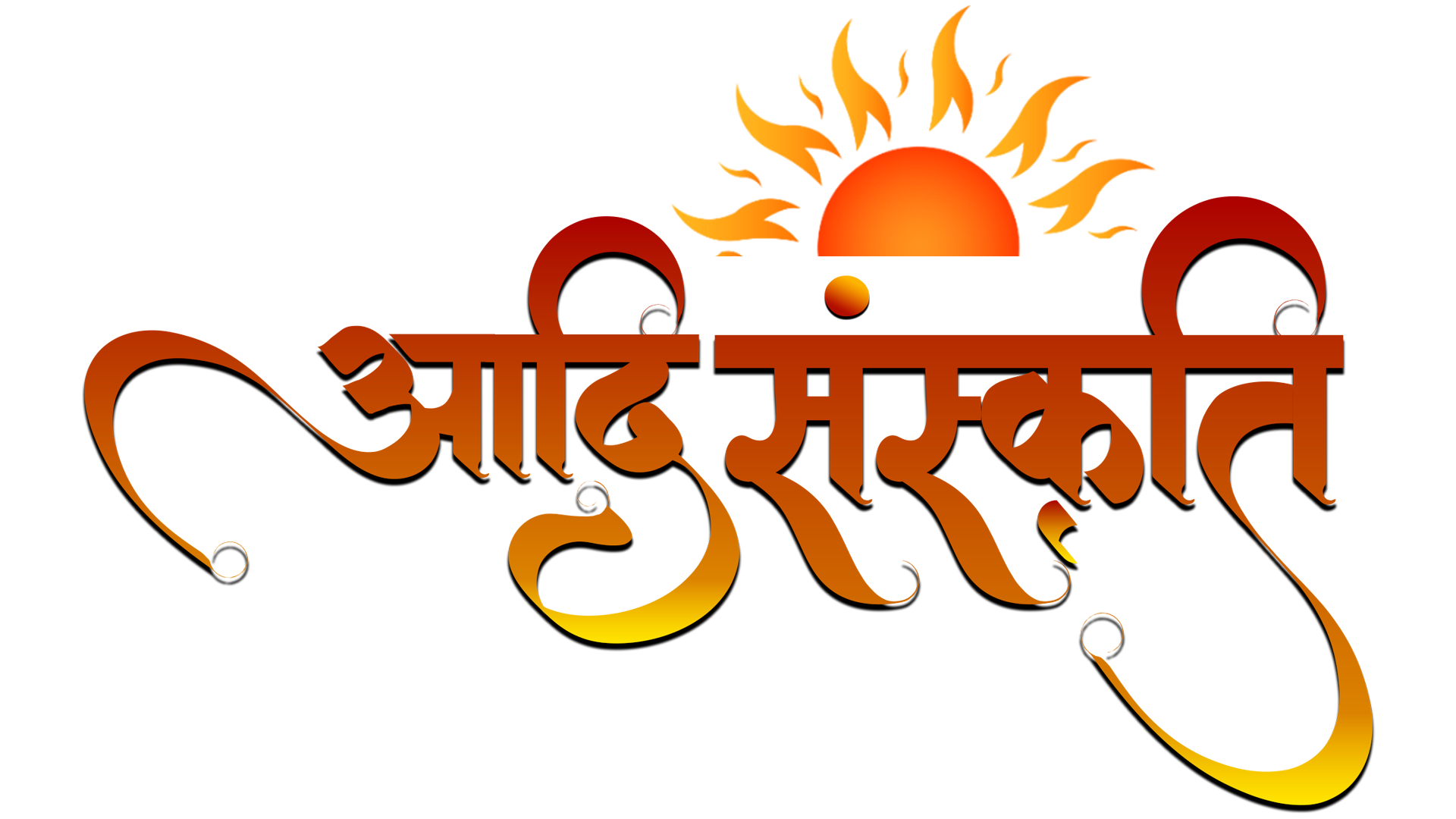
Themes
practices showing communitarian life
COMMUNITARIAN LIFE OF MIRASI TRIBES, jammu & kashmir

The word 'Mirasi' is derived from Arabic and means legacy and heritage. The Mirasis are regarded as custodians of culture and heritage in the context of Gujjars. They are experts in genealogy and entertainment and are referred to as Pedhi-Gin, Dholi, and Nasab Khawan by different groups. The Mirasis are an important custodian in documenting family histories, narrating clan history during ceremonies, and are greatly appreciated for their technical skill in the lore and traditions of the ancients.

The Mirasi groups are generally held to be affiliated historically with several castes or communities in various parts of the Indian subcontinent, such as Rajputs and Gujjars. In Jammu and Kashmir, Mirasis live in correlation with Gujjars and Bakkarwals, their close cultural relatives. Even if the Mirasis are a distinct caste, many of them regard Gojri as their first language. The Mirasis being largely in the tradition of oral culture and musical skill are thus appropriate people in the communities they inhabit and are considered as cultural messengers.

The Mirasis form a blend of life in Jammu and Kashmir, famous for their folk music, dancing, and storytelling. They serve the society by decorating social and cultural occasions such as marriages, harvest festivals, and other festivities. The Mirasis lend depth to communal celebrations that help in preserving the rich culture of the region through their specialized knowledge of musicians, singers, and dancers.

By the 1931 census, about 6,933 Mirasis existed in Jammu and Kashmir, who mainly resided in Poonch, Mirpur, and Reasi. In present times, they number nearly 30,000, living in all of Jammu and Kashmir's districts. Mirasis are also well-known to live in endogamous families and usually get married from their own society. They habitually live among themselves in colonies. Their socio-economic organization has made it easy for them to preserve their exclusive cultural identity as well as promote their traditional manner of living.

Mirasis preserve and transmit the oral cultures and traditions of Gujjars. They maintain astounding proficiency in reciting oral histories, folktales, and family genealogies passed on between generations. They narrate tales of Gujjar heroes and family legends in Gojri through songs and storytelling, accompanied by traditional instruments. Their performances become pivotal in the memory preservation of the Gujjar community; install pride in them; and cause the heritage spirit to live among the younger generations.

